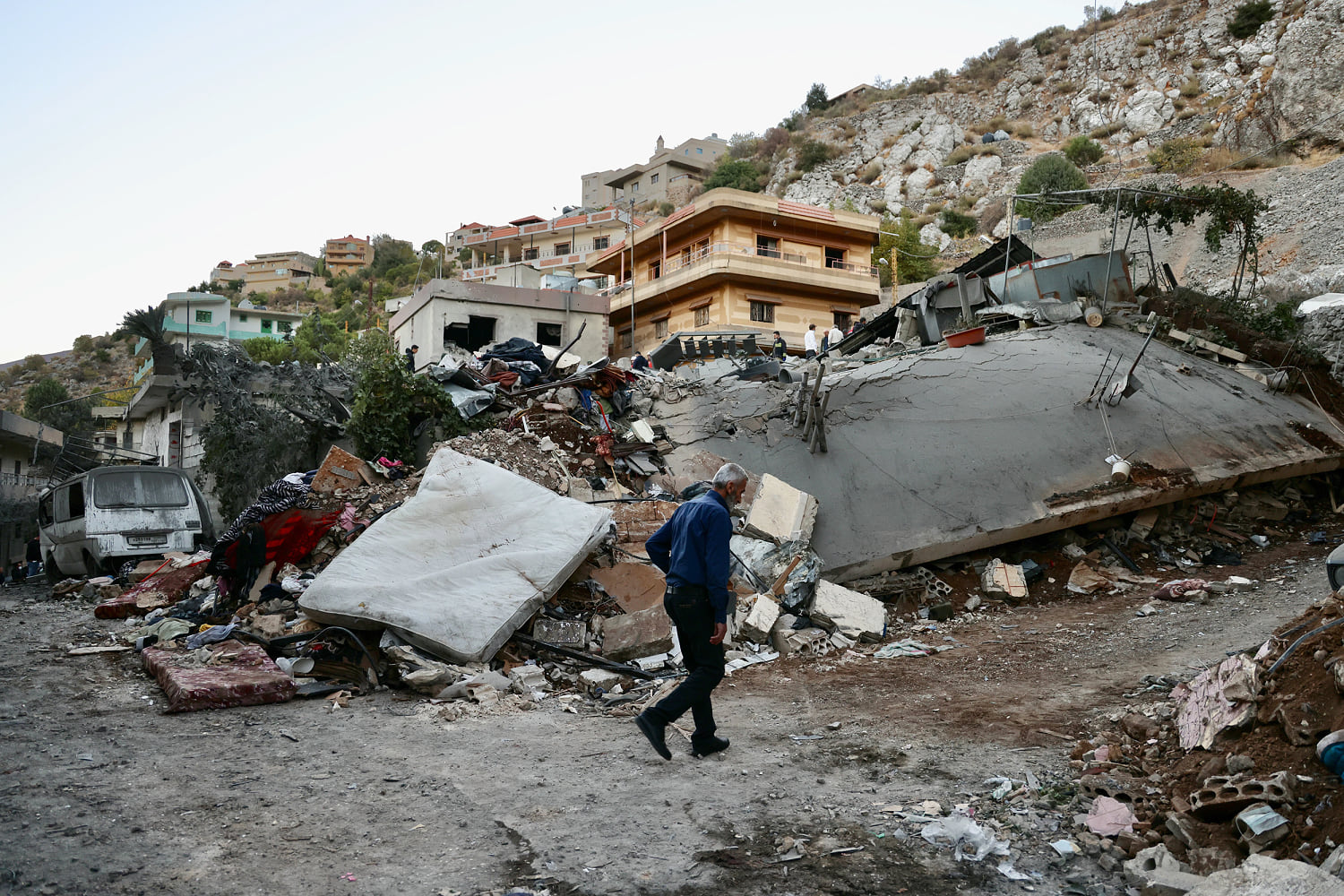Health workers killed in Lebanon

BEIRUT — No one will know whether harried negotiations to reach a cease-fire between Lebanon’s Hezbollah and Israel can succeed until the end of the United Nations General Assembly session on Monday, a Western diplomat in Beirut told NBC News Thursday.
“The idea of intensification even under negotiation is something that we can expect from both sides,” said the diplomat, who asked to remain anonymous because they were not authorized to speak publicly.
The diplomat did not rule out the possibility of an escalation over the border even as a broad coalition of diplomats push for peace.
The multinational proposal for a 21-day ceasefire between Lebanon-based militant group Hezbollah and Israel faltered on Thursday morning, crushing sky-high hopes the previous evening that the proposal could halt the sudden escalation to months of fighting and avert and all-out war.
While the treaty is aimed at a long-term peace deal to resolve the nearly year-long conflict over the Lebanon-Hezbollah border, its more immediate aim is to prevent much-anticipated escalations from either side, such as an Israeli ground invasion into Lebanon or Hezbollah’s deployment of its larger, more sophisticated missile arsenal that the group is believed to still be holding in reserve.
Israeli prime minister Benjamin Netanyahu abruptly pulled his support for the proposal Thursday when his right-wing cabinet members threatened to pull out of his government if the treaty were signed.
But the Israeli military’s increasingly bellicose statements pointing to an imminent ground invasion have cooled as diplomats on the sidelines of the United General Assembly rushed to secure a pause in the fighting.
Still, the diplomat warned that continuing negotiations might not halt what the Israeli Defense Force’s chief of staff called “manoeuvres.”
“We can expect anything. The last two weeks showed us that everything is possible on both sides, especially on the Israeli side,” said the Western diplomat. “We’ve seen the capacity of Israel to do things that are unexpected.”




